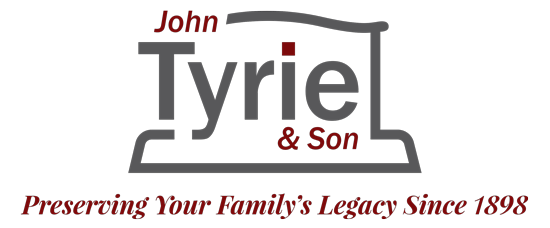Why do I need a monument or memorial?
The process of designing and installing the memorial aids the family in adjusting to their new life without the presence of their loved one. Rituals, like the funeral service itself, serve as a reminder of the frailty of life and the bonds that tie us together.
More importantly, a monument serves as a bridge between the past, present and future. Monuments and memorials are a visually lasting testament to those we lost and an enduring tribute that can be touched, much like the person we have lost. Cemeteries are the place where the living gather to celebrate, remember and also mourn as they continue their journey here on earth.
Memorialization allows future generations to honor and remember their loved ones and represents the final footprint of the deceased.
Memorialization may be arranged by the family before or after the death has occurred.

